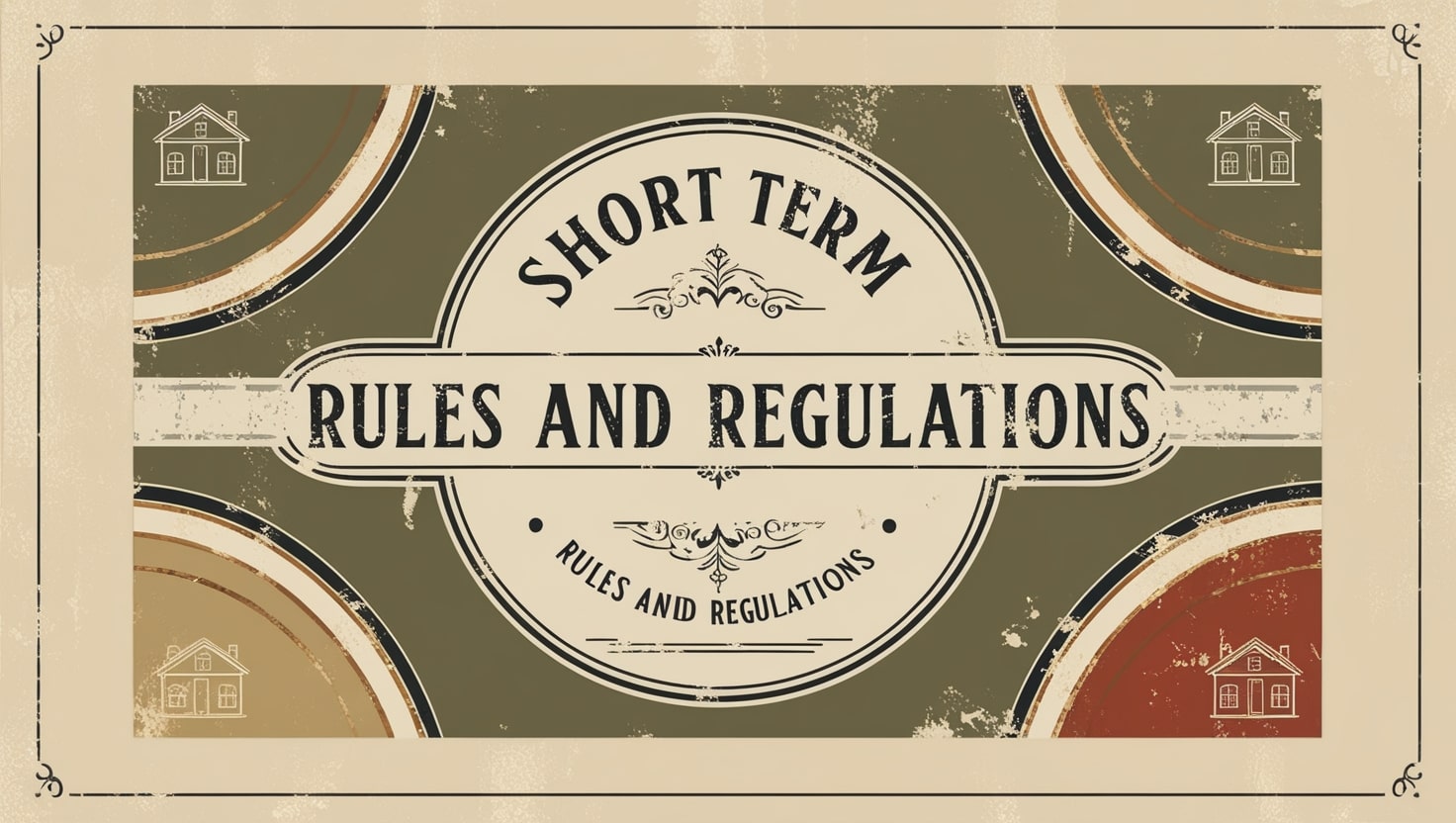Auckland, New Zealand Airbnb Rules & Regulations
Last updated on: 4th July, 2025


Last updated on: 4th July, 2025

In Auckland, New Zealand, Airbnb hosting is a popular venture given the city's vibrant tourism industry. However, hosts must adhere to a comprehensive set of regulations and guidelines to ensure compliance and successful operation. Here's a brief overview of the critical regulations for Airbnb in Auckland:
Local Council Regulations: Short-term rentals in Auckland are subject to local council rules. Hosts renting out properties for more than 28 days per year may need to acquire resource consent, depending on the property's location and type.
Compliance with the Auckland Unitary Plan: This plan dictates zoning rules that might affect short-term rentals. Hosts need to verify if their property complies with zoning boundaries and requirements, which can sometimes restrict or prohibit such rentals.
Health and Safety Standards: Hosts are legally obligated to ensure their guest's safety. This includes installing smoke alarms, maintaining fire safety equipment, and providing clear instructions for appliance use.
Insurance Requirements: Regular home insurance policies might not cover short-term rental activities, so hosts are advised to obtain specialized short-term rental insurance to protect against specific liabilities and damages.
Tax Obligations: Income from Airbnb rentals must be declared to the Inland Revenue Department. Hosts can claim expenses related to the time the property was rented. Additionally, from April 1, 2024, GST will be applicable on accommodation facilitated through electronic marketplaces like Airbnb.
Short-term Rental Agreements: Since Airbnbs are classified as short-term rentals and not governed by the Residential Tenancies Act, hosts should have proper agreements in place covering payment terms, guest capacity, and liability considerations.
Neighborhood Relations: Ensuring that guests respect community norms and local regulations is important to maintain good relationships with neighbors.
By understanding these regulations and fulfilling their responsibilities, Airbnb hosts in Auckland can enhance their legal compliance and contribute positively to the local tourism industry.